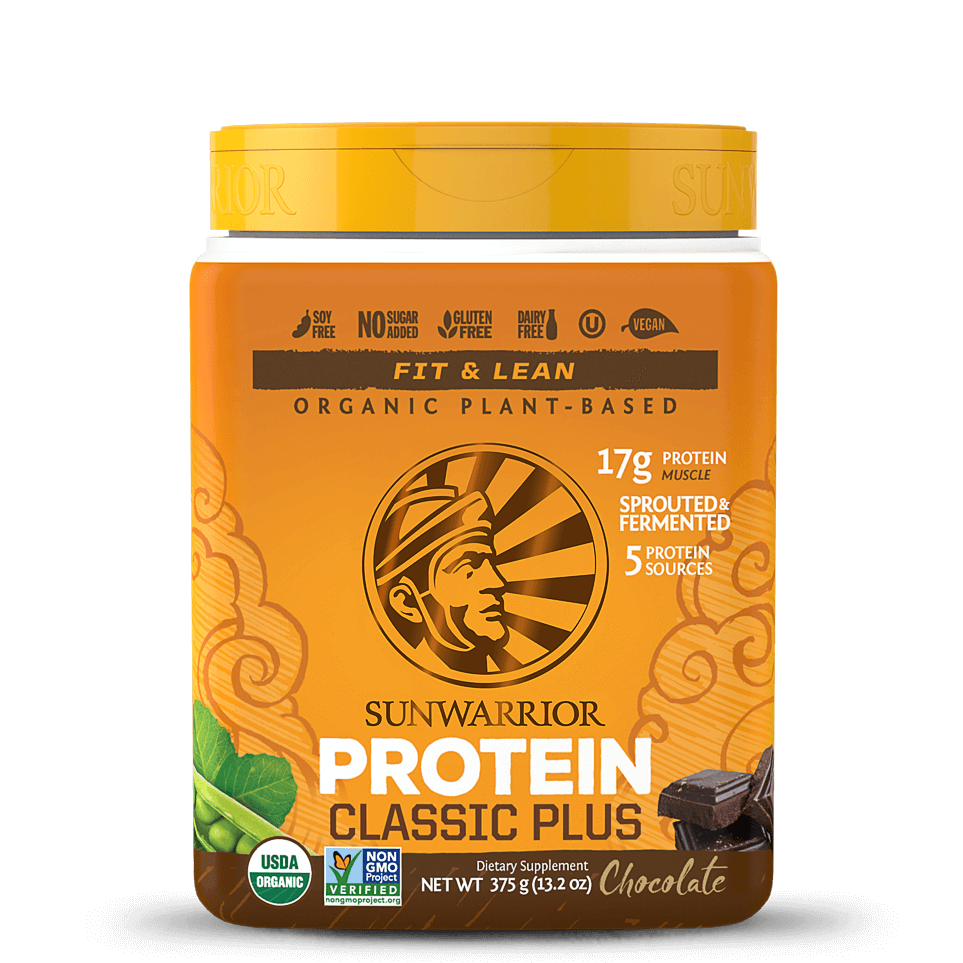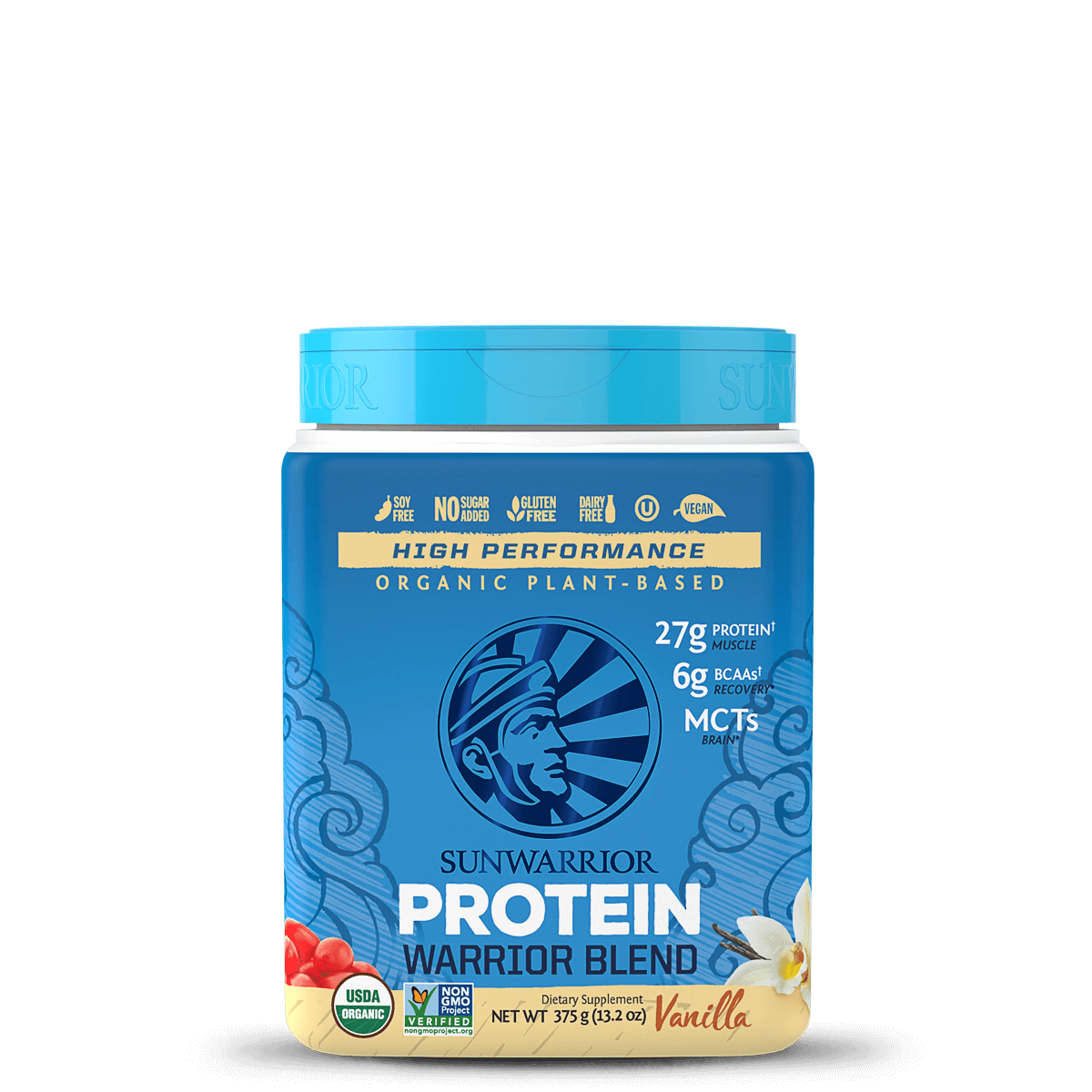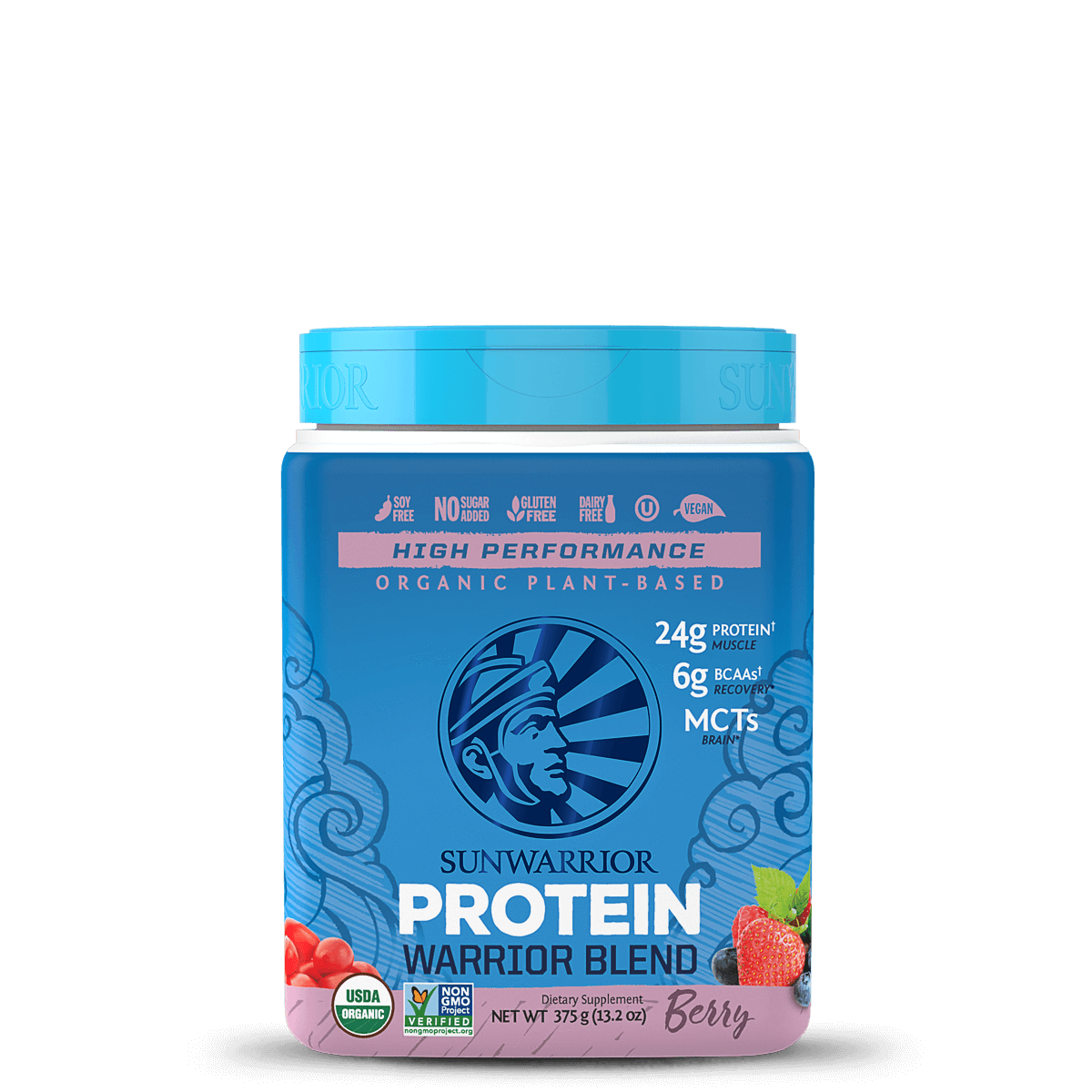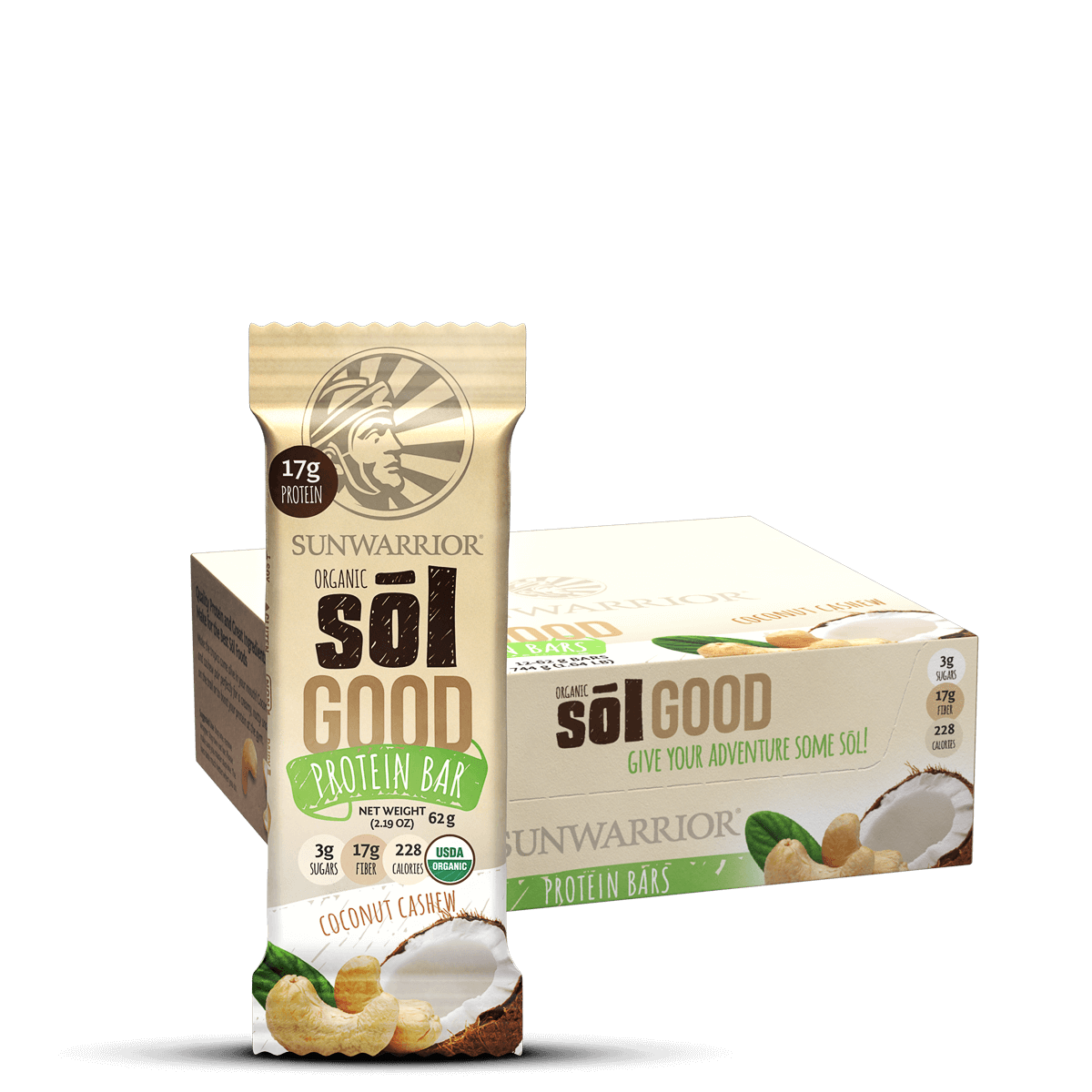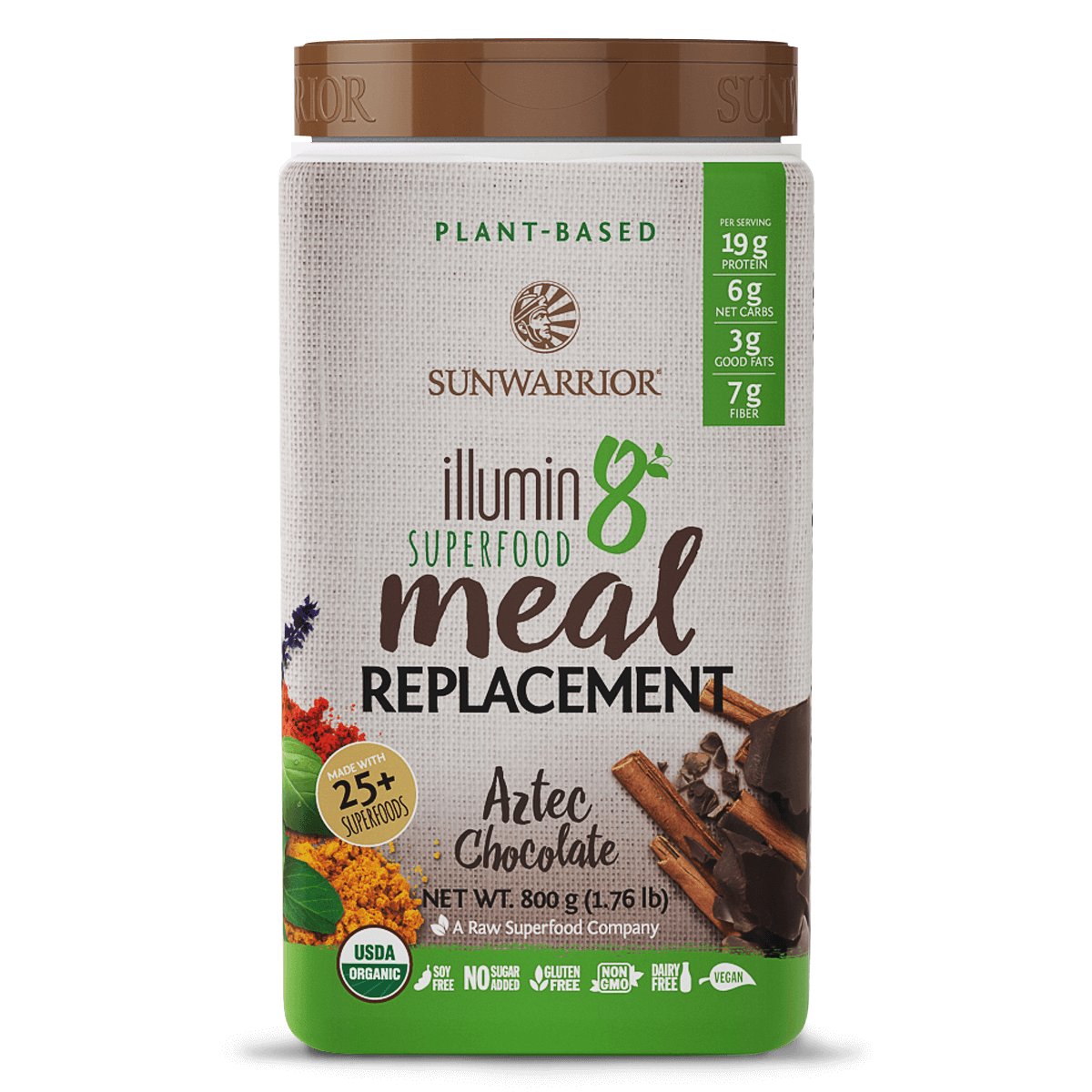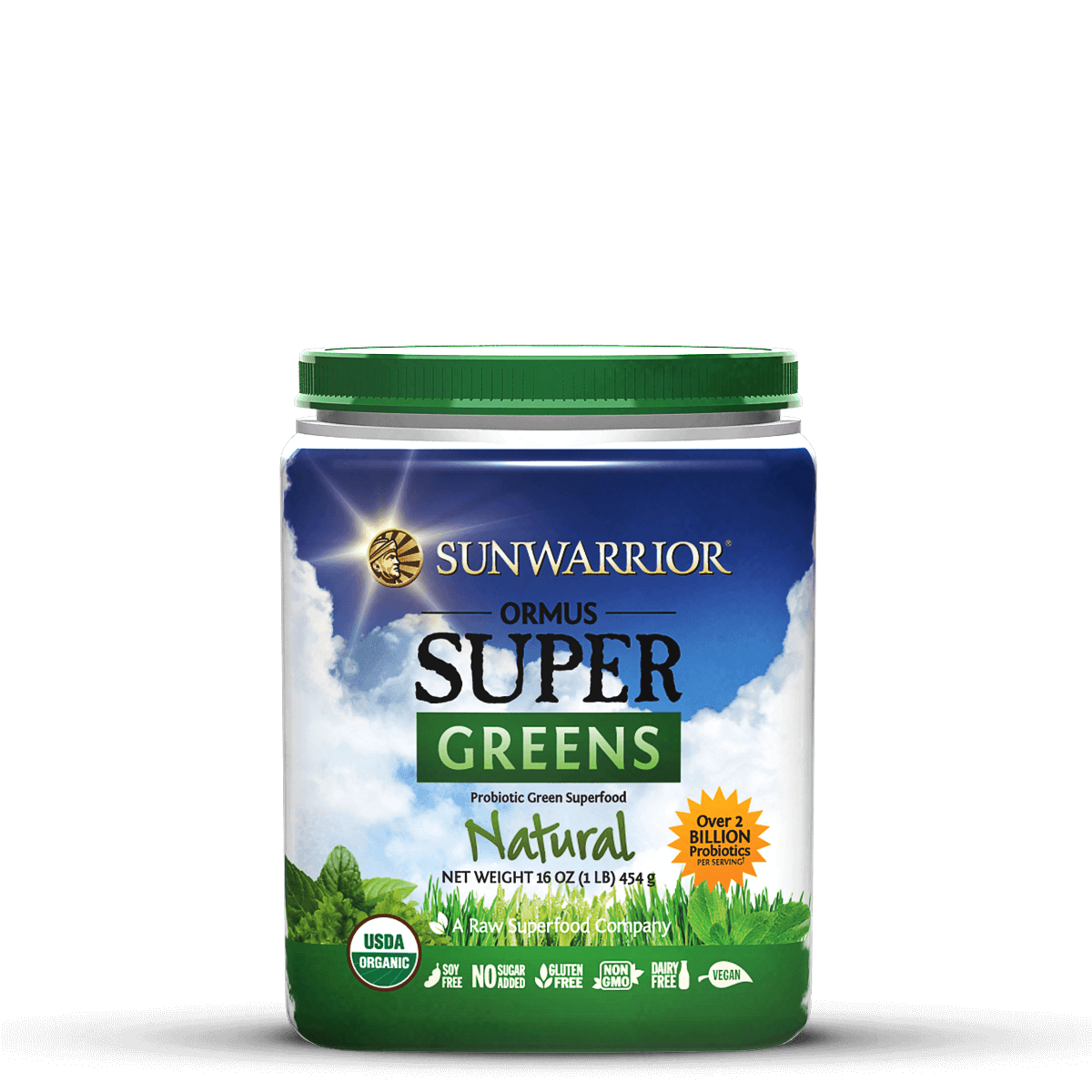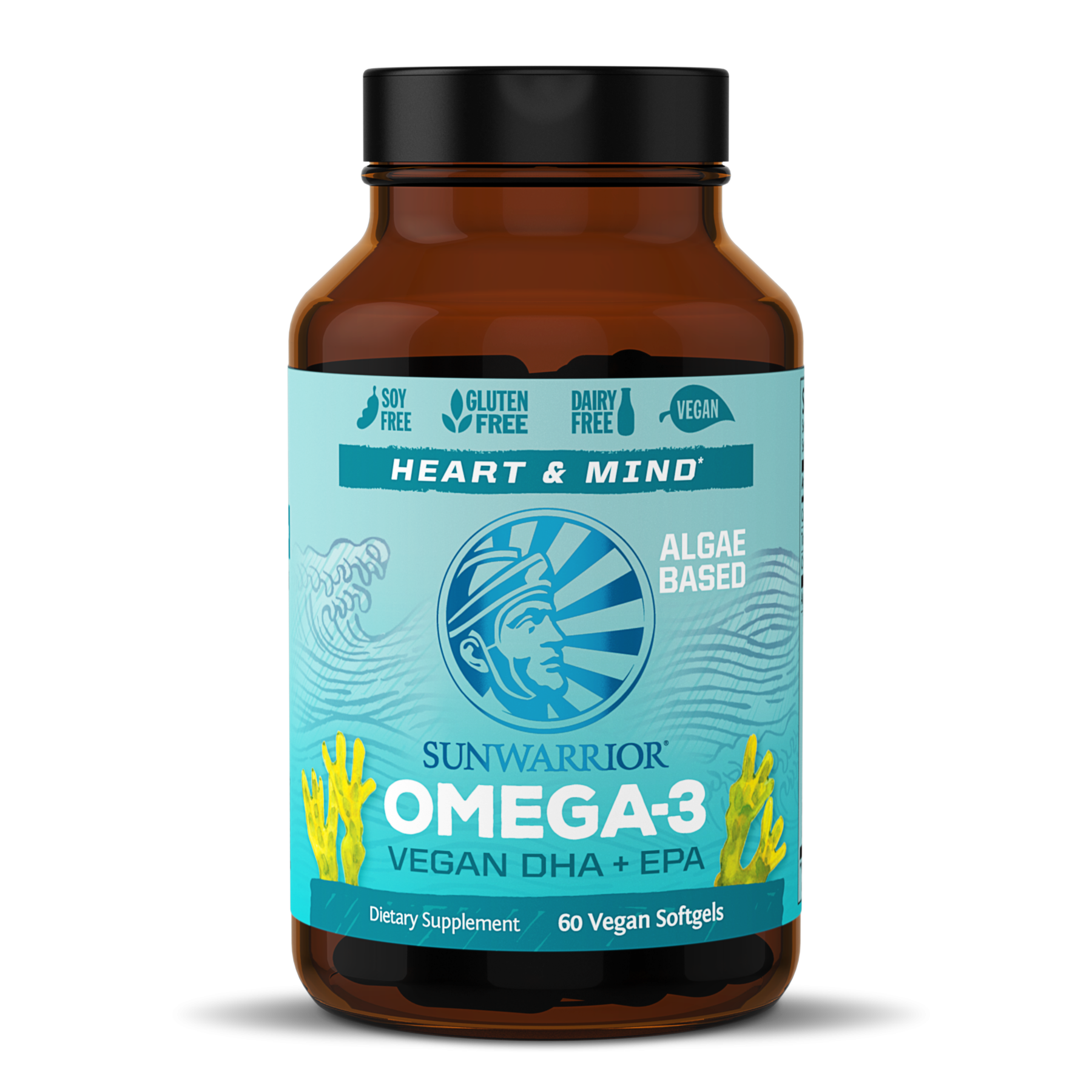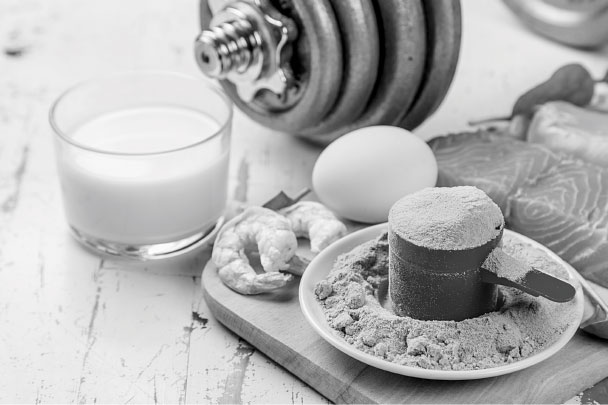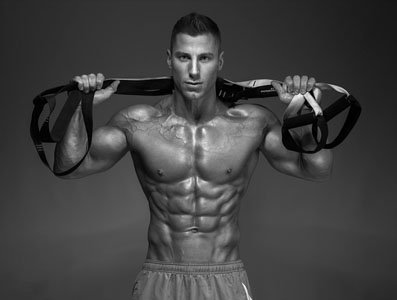
By: Stephanie Weiss
When it comes to over-training, rest and recovery, the inactivity process of recovery is just as important as the activity you put your body through, although many believe the longer you train, the better. That’s not necessarily true. over-training is simply chasing the wind. In order for your body to train successfully and recover well, rest is vital. Many debate the importance of rest and if it is possible to over-train your body; however, the main point to focus on is the demanding logic behind recovery, rest and over-training. Each of these is controlled by not only the physiology but the biology make up of the body as well as regarding how they each go hand in hand with each other in order to reach maximum results.
When performing any type of activity such as running and increasing your speed, practicing on endurance or building muscle, you body will automatically experience changes physically, chemically and neurologically. However, the body is extremely adaptive. It begins to change once it is told to do so. What many do not know; however, is the vast majority of the changes our body undergoes happens while we sleep–muscles begin to repair, along with our immune system, detoxification of blood, regeneration of skin, and the list continues. Because these repairing processes happen overnight, it is imperative that the body gets sufficient quality sleep every night in order to rejuvenate appropriately and adequately assist your workout routine. Although the increase of muscle size and the she strengthening of bones are active during rest periods, they also accelerate during adequate sleep. Studies have shown that sleep quality is more important than the quantity (or length) of sleep your body gets on a daily basis. For example, a deep natural REM sleep is much more favorable than 7-8 hours of waking up often tossing and turning. Take into account this is when your gains will begin to develop. If there is one thing you need to remember–the quality of your sleep is vital for your overall health and well being.
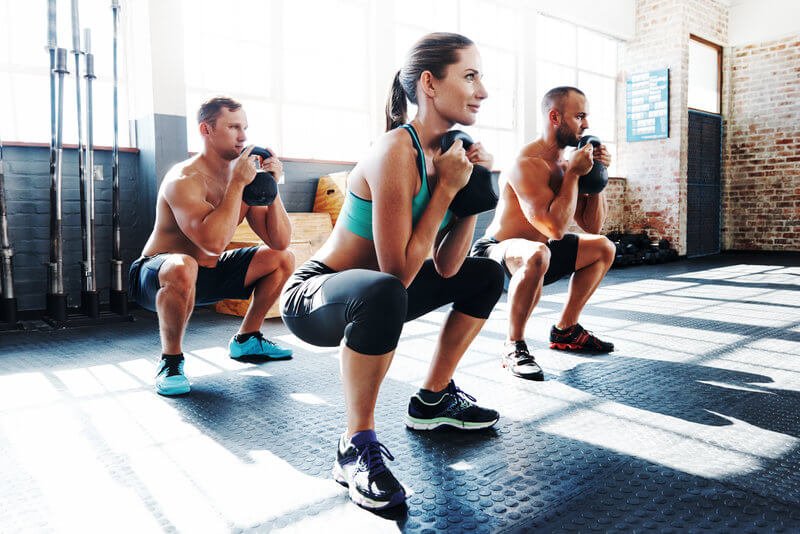 Another vital aspect of your training is recovery. People tend to become misinformed in how much recovery helps your body in order to reach maximum results and reach your goals. Simply put, muscles need time to recover. In order to successfully recover, rest and the quality of sleep is important. During exercise activity, when the load is spread throughout the entire body, muscle groups harmoniously work together leading to active recovery and yielding the best results. Because the body adapts so easily and becomes quicker, stronger and more fit, the resisting of change becomes prominent at times leading to a stubborn plateau. The body must be further challenged in order to reap the gains you are trying to achieve.
Another vital aspect of your training is recovery. People tend to become misinformed in how much recovery helps your body in order to reach maximum results and reach your goals. Simply put, muscles need time to recover. In order to successfully recover, rest and the quality of sleep is important. During exercise activity, when the load is spread throughout the entire body, muscle groups harmoniously work together leading to active recovery and yielding the best results. Because the body adapts so easily and becomes quicker, stronger and more fit, the resisting of change becomes prominent at times leading to a stubborn plateau. The body must be further challenged in order to reap the gains you are trying to achieve.
Many research studies have used professionally trained athletes in order to show to proper way to train, rest, and recover. It has been proven time after time that when the recovery process is active and the intensity is lowered, greater strength, endurance and muscle gains are made much quicker, known as the super-compensation response. By being human, it is a no-brainer that we need our rest and recovery time in order to perform our best and remain alert. However, every individual’s rest and recovery time may differ according to his or her training level and experience along with his or her fitness intensity level. When an individual deciphers between rest that involves active recovery or rest that is passive, the most important rest you can possibly have is sleep.
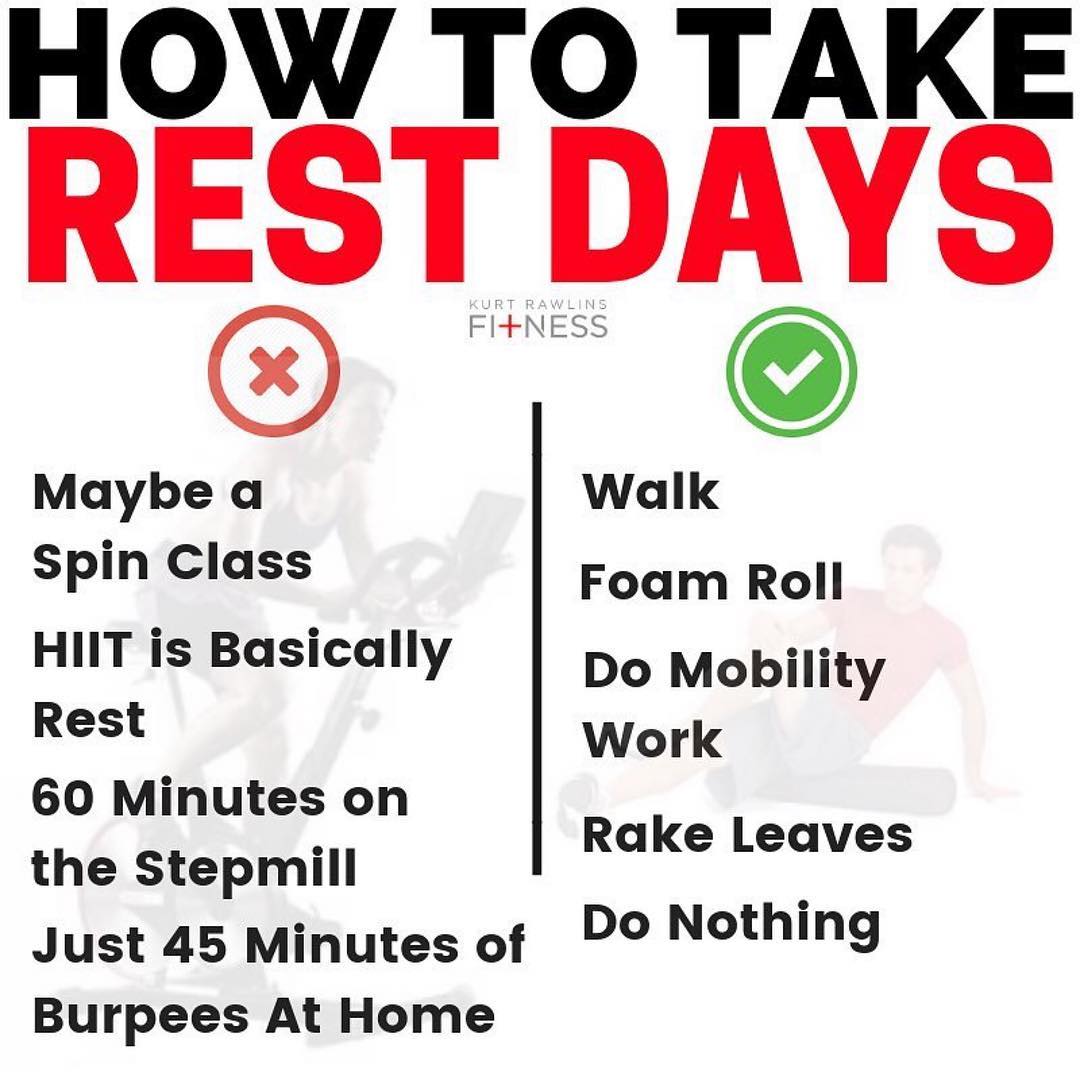
When it comes to working out and maintaining a proper training regime, the key aspect is to challenge the muscles. When the body is forced to adapt to new ways of training, results are reached faster, and it bypasses the plateau stage effect. Professional athletes are a good example of this as they constantly strive to change up their workout routine, training styles and intensities. However, one question arises as we see individuals in the gym not only day in and day out but two-a-days in, seven days a week: is it possible to over-train your body? The answer is yes. The human body needs ample time to recover properly and adapt to new training in order to reach optimal performance. Training can tear muscles, therefore, in order to reach results, those muscles must repair properly. One may think more training will help him or her be successful; however, with little sleep or minimal rest, the body, specifically the muscles, will not have the proper amount of time to recover and ultimately repair and rebuild. It is possible our body will lead to what is known as a “burnout phase.” The body will not significantly improve if it is being pushed to its maximum effort; however, it is likely that the performance level may significantly drop, exhausting the body rather when fueling the body if we are pushing ourselves for extremely long periods of time without that proper rest. So how might one avoid the misuse of proper training? We must get sufficient sleep in order to let our muscles repair and learn that it is okay to give our body rest when needed. Perhaps keeping a journal of the time spent training compared to the time spent recovering may help, or adding in the necessary supplements to ensure our muscles are repairing well.

